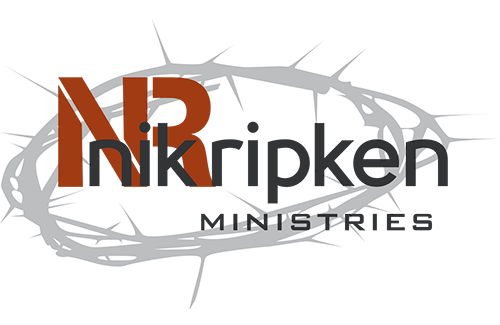Challenges to Fulfilling the Great Commission
Missionaries fulfill the Great Commission in some of the most dangerous places in the world. Despite an accurate and cautionary security briefing from the U.S. Army, Nik’s unfortunate decision to trust a local Somali informant jeopardized his life.
Be sure to subscribe to the Witness & Persecution Podcast on your favorite platform.
A Story Full of Holes
Narrowly escaping this open shooting changed his understanding of humanity. Nik asked Hassan, his Somali guide and trusted acquaintance, why he would lie to him and put their lives in mortal danger:
I grabbed him by the shirtfront and pulled him close to me. I was so scared, I was so angry, and I said, “Why did you lie to me? You almost got me killed! The truck is full of [bullet] holes. It was exactly like the U.S. military told me. Why did you lie to me?”
Hassan replied that Nik wasn’t worth receiving the truth because they had just met.
Why Do People Lie?
Perhaps the better question is, “Why do some people tell the truth?”
Honesty is a concept that is deeply rooted in biblical teachings (Exodus 20:16, Leviticus 19:11, Ephesians 4:15). The Bible instructs Christians to be truthful so that we may preserve our relationships. This has created an expectation of moral integrity in Christian communities.
From its founding fathers to modern day politicians and leaders, America’s culture is heavily shaped by its Christian roots. Naturally, Nik expected the people he met in Somalia to behave according to this moral standard.
However, Christians should not expect the same of Muslims who do not share the same worldview. It’s risky business to attribute Christian attributes to non-Christians, and it almost got Nik killed.
Lying in Islam
Muslims have different religious texts and their own set of circumstances that permit dishonesty. In Islam, it’s lawful to lie when preserving one’s honor, demoralizing an enemy, fighting a war, and pleasing one’s spouse, as well as when it’s advantageous for the individual (Jami` at-Tirmidhi 1938). The truth is given selectively, not to all, and not in all situations.
Hassan explained this to Nik after his betrayal:
Dr. Nik, you need to understand.
There’s a truth that Somalia and I tell the world.
Then there’s a deeper truth that my clan and I tell Somalia.
There’s a deeper truth that my family and I tell our clan.
Then there’s a deeper truth that my brother and I tell our family.
There’s a deeper truth that I tell my brother.
And there’s a deeper truth that I tell to God.
But what I really believe – the deepest of all truths – I whisper down a well at midnight so no one can hear.
The existence of so many exceptions where it is lawful to lie suggests that there isn’t much of a relatable standard at all. Nik wonders if the Great Commission can take hold in such places:
How do you make Jesus known when the truth has to go through six or seven filters to be accepted as the truth from the throne of God? How can they see that Jesus died for them, and gave his life for them, and that is the mark of a real man – a tough man – a Godly man?
Nik urges missionaries to remember that the people they interact with may have an adversarial worldview when it comes to telling the truth.
Is the Old Testament Still Relevant Today?
The Old Testament is still relevant today because not all people of all nations have learned of the New Testament. Somalis have lived in Old Testament violence and chaos for the past 2000 years.
Famine and civil war ravage Somalia. Hatred and violence have caused the displacement of millions of people, leaving many with limited access to resources and medical care.
Fundamentalists have taken over much of the territory in Somalia, creating a hostile environment that threatens even the well-intentioned foreigner.
In Somalia, Hassan explained to Nik that it’s every man for himself:
It’s Somalia and I against the world.
And it’s my clan and I against Somalia.
It’s my sub-clan against our clan.
My family works against my sub-clan.
It’s my brother and I against my father, trying to take his place of authority within the family.
Most of all, it’s my brother against me.
Poverty-stricken citizens lack basic resources such as food and clean water while violent crime rates soar due to widespread corruption and instability. In addition, medical professionals are few and far between in rural areas meaning preventable illnesses continue to plague the population. Somali children suffer from chronic malnutrition due to famine conditions which continues to put their lives at risk every day.
Somalia Resembles Dante’s Inferno
Somalia has become an unrecognizable version of Dante’s Inferno. Still, Nik is confident that the Great Commission extends to places like these:
“When you have ten million people, and 150 believers, and they kill all but four of them in the seven years that we were there… pushing back against that darkness is a pretty impossible task. You’ve got to push back against that darkness.”
The majority of Christian missionaries will go to sleep tonight in Christian countries, Nik concludes. If our present generation doesn’t care about places like Somalia, the Ripkens warn us that this darkness will spread to other countries and to our future generations.


